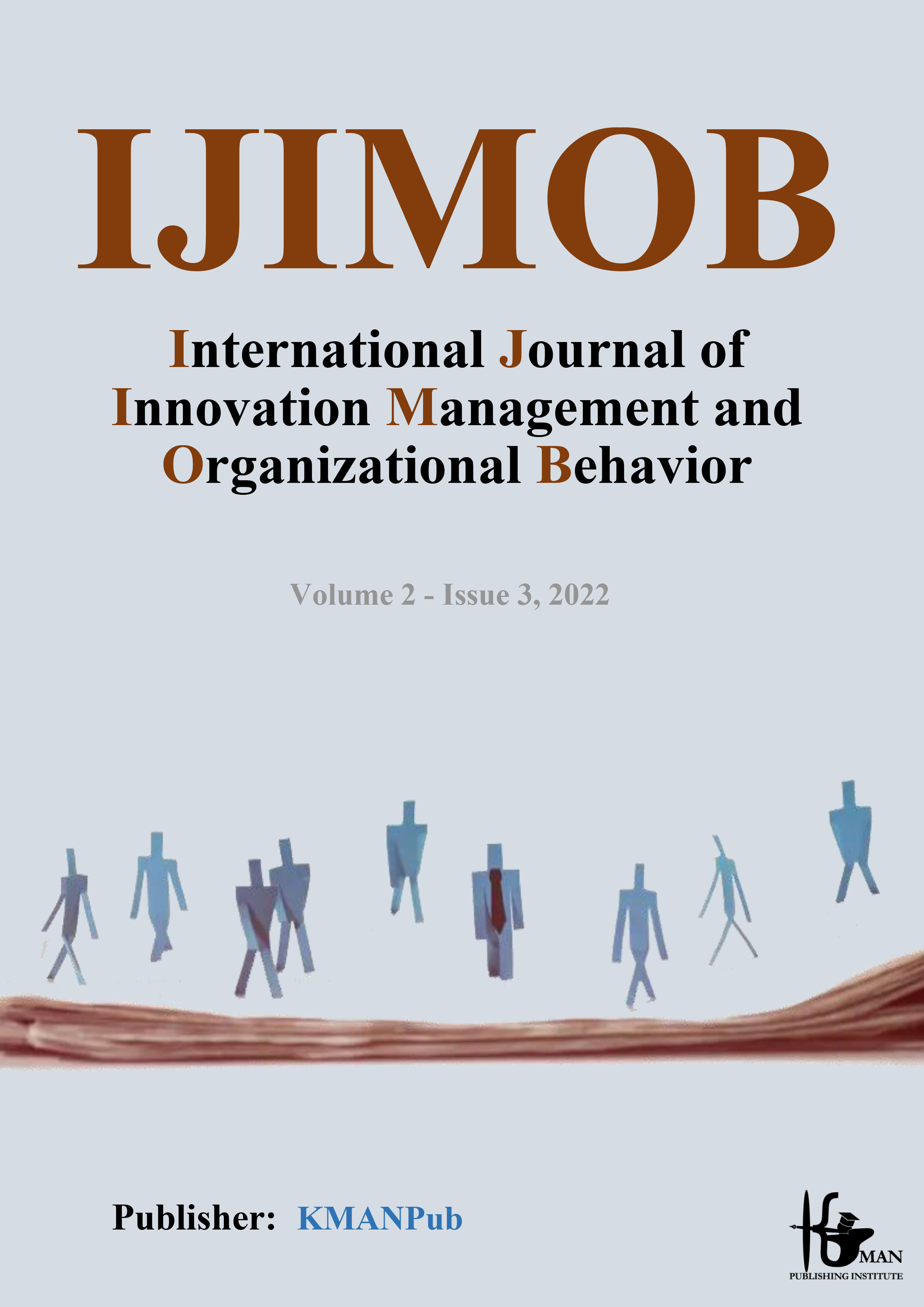A structural model of relationships between conflict management styles and innovative behaviors with the mediation of work conscientiousness
Keywords:
Conflict management styles, innovative behaviors, conscientiousnessAbstract
Background and purpose: innovative behaviors as behaviors that bring change with themselves are related to organizational transformation and are considered the growth and development factor of all organizations. Therefore, the present study aimed to investigate the structural relationships between conflict management styles and innovative behaviors with the mediation of work conscientiousness in Lorestan University of Medical Sciences employees. Methodology: This research was a descriptive (non-experimental) correlational research. The statistical population includes all Lorestan University of Medical Sciences employees, and the sample size includes 248 employees selected through simple random sampling. Research data were obtained through the questionnaires on the conflict management styles of Thomas (1974), the work conscientiousness of Costa McGrath (1992), and the innovative behavior of Cross (2004). They were analyzed using Pearson's correlation coefficient and path analysis. Results: The findings from the path analysis showed that conflict management style, problem-solving style, compromise style, and flexibility style have a positive effect. However, the avoidance and control styles negatively affect work conscientiousness; work conscientiousness has a positive effect on innovative behavior, and work conscientiousness has a mediating role in the relationship between conflict management and innovation. Based on this, the results generally showed that the tested or conceptual models fit well. In addition to confirming the assumed paths, the role of conscientiousness in the relationship between conflict management and innovative behaviors is confirmed (p<0.01). Conclusion: Managers who use problem-solving, flexible, and compromise styles increase work conscientiousness by influencing the psychological needs of employees, and managers who use domineering and deterministic conflict management styles always have unmotivated and irresponsible employees.
Downloads
Downloads
Published
Issue
Section
License

This work is licensed under a Creative Commons Attribution-NonCommercial 4.0 International License.
















